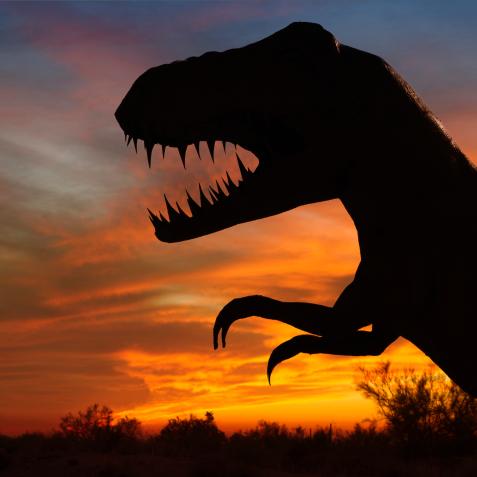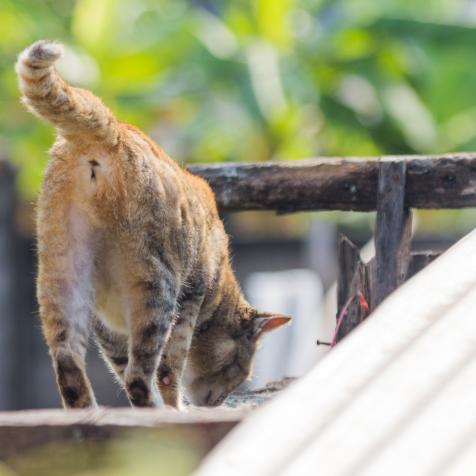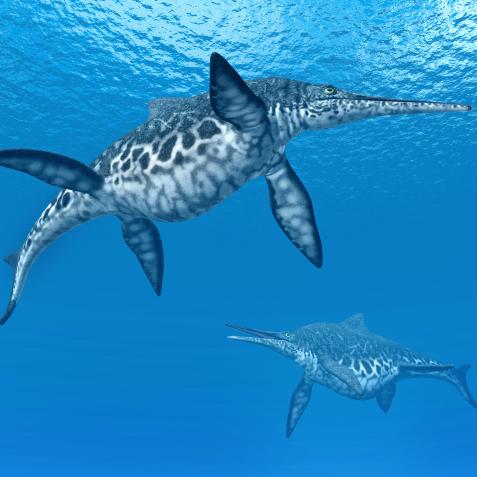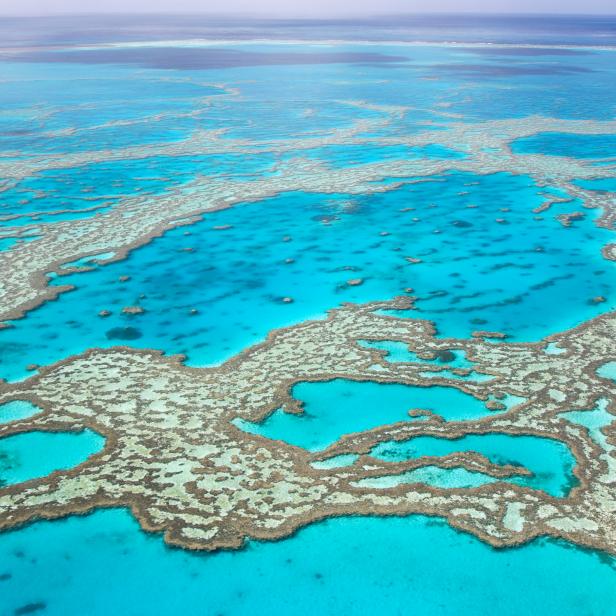
GettyImages/mevans
Has the Great Barrier Reef Actually Gone Under?
The Great Barrier Reef is in peril. Is it time for citizens to step up to protect one of the most spectacular ecosystems on Earth?
The starfish is a common sign on the back of a postcard symbolizing love, freedom, and adventure. It is a symbol of the guide and protector of open waters. But seeing a crown-of-thorns starfish on the Great Barrier Reef, the biggest coral reef system on earth, is anything but a welcome sight. Native to the Queensland waters, crown-of-thorns starfish populations have exploded across the Reef and are being documented to be munching their way across the coast, putting large parts of one of the world’s most spectacular systems in peril.
But the starfish is just a starfish, and is a symptom of a larger problem. The real trouble is much bigger and far more complex - and as with several natural systems on earth, the driver is anthropogenic pressure. As millions of tonnes of plastic wash up into the ocean each year, they smother coral and kill wildlife. Sediment runoff is causing an imbalance in nutrients, urban development, rising sea temperatures, ocean acidification, and extreme weather events that make the coast vulnerable - and events like a rise in the population of crown-of-thorns starfish become a bigger stress than they need to be.
Australia’s Great Barrier Reef stretches for more than 1,430 miles and hosts 400 types of coral, 1,500 fishes and 4,000 types of molluscs. Dolphins click as they glide past the vibrant polyps; dugongs, sharks, and rays lay about the shelf; and seven species of marine turtles call the Reef home. And you can see the entire system from outer space! But as climate change on earth drives events that impact the Reef, the resilience of its innumerable interconnected species is compromised too. Heating events like in 2016 that caused mass bleaching and devastation to stretches of corals--and in some areas up to 93% of coral--and its corresponding species were affected. According to a study published earlier this year in the journal Nature, baby coral in the Reef have declined by 89% due to mass bleachings.
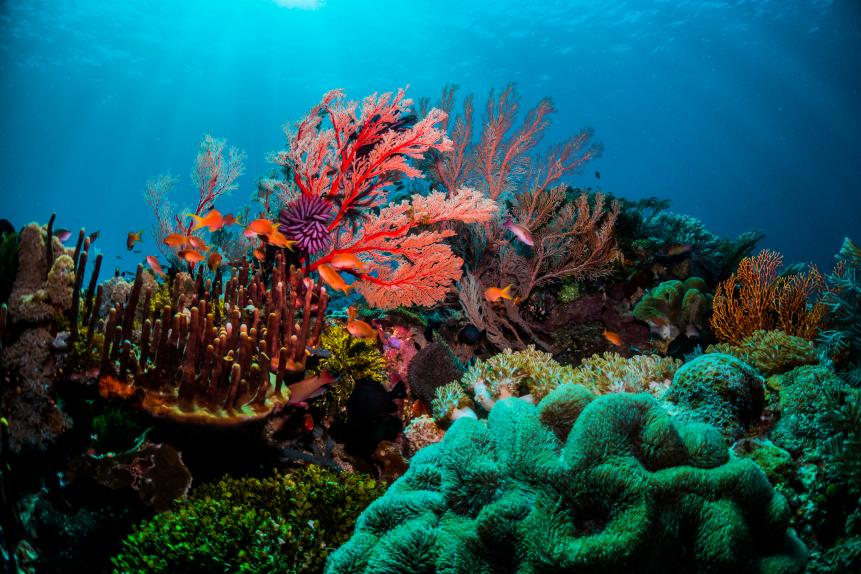
GettyImages/Aaron Bull
While headlines in 2016 proclaimed the Great Barrier Reef to be dead, the truth is not as harsh. Parts of the reef are indeed thriving today, but the predictions still certainly look bad. There is actually no real way to accurately analyze the state of the Reef at the moment - only fragmented data exists from survey planes and divers and only parts of the reef have been surveyed scientifically.
Recently, a number of Australians as well as conservationists across the world are stepping up to the mammoth task of documenting the Great Barrier Reef. One of the largest projects ever undertaken on the reef is called the ‘Citizens of the Great Barrier Reef’. Set up earlier this year, the group is inviting contributions from everyone, starting from ‘ditching single-use plastics’ to using ‘citizen science’ to fill gaps in knowledge and formulating plans for its protection. They have set an ambitious target of surveying the entire reef system in 2020. All divers and snorkelers who partake will only have to upload 10 images of their dive site and basic information about its location - all the data will analyzed by researchers at the University of Queensland to make a comprehensive model of the Reef.
Another group working to bring people from across society together is the The Reef Citizen Science Alliance, which is the meeting place of 13 coastal and marine citizen science organisations across Queensland. Jenn Loder, the group’s coordinator says, “Science tells us that, hand in hand with meeting global targets on climate change, we need local actions that build the resilience of the Reef – helping it to bounce back and recover...Citizen science programs can contribute information to help understand the state of the Reef, associated habitats and wildlife.”
While our digital consumption has never been higher, we are also at the first moment in history where most people on earth can coordinate with each other. The Citizens of the Great Barrier Reef declare, “This digital fourth industrial revolution offers a way of better using our resources and organizing ourselves in a way that might just save the Reef and our planet from our consumption.”
The government too is taking cognizance of the state of the reef and the work being done to protect it - and good news, this year pledged more than it ever has to conserve the Reef. Around a whopping $500 million has been notified to be spent on protecting the reef, considered to be the biggest living organism on earth.
Loder says, “I love the Reef. It’s a place of beauty, inspiration, and curiosity. I am lucky enough to work on projects where I am also constantly inspired by the incredible spirit and efforts of local community heroes contributing to reef protection initiatives. This motivates me every day to help more people get involved and inspired.”
Perhaps it is time for citizens from across the spectrum to change the discourse to conserve and protect one of the most spectacular ecosystems on Earth.









